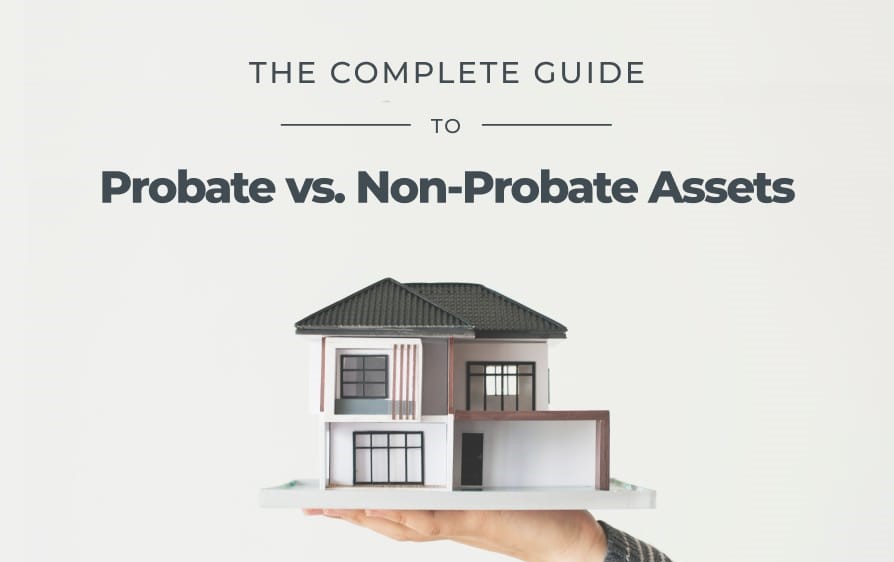Understanding the Probate Process in Texas
The probate process in Texas is essential for managing the estate of a deceased individual. It involves validating the will, appointing an executor, and ensuring that debts are settled before distributing the remaining assets to beneficiaries. Understanding this process can help individuals navigate the complexities of estate management effectively.
In Texas, probate typically begins with filing the will in the appropriate county court. The executor, once appointed, is responsible for gathering assets, notifying creditors, and managing the estate's financial obligations. This structured approach ensures that the deceased's wishes are honored while complying with state laws, making it crucial for anyone involved in estate planning or management.
Common Myths About Probate in Texas
Many misconceptions surround the probate process, leading to unnecessary anxiety for those dealing with the death of a loved one. One common myth is that probate always takes a long time, while the reality is that the duration can vary significantly based on the complexity of the estate and the efficiency of the executor.
Another prevalent myth is that all assets must go through probate. In Texas, certain assets like those held in a living trust, joint tenancy properties, and small estates valued under a specific threshold can often bypass probate. Understanding these distinctions can help families make informed decisions during a challenging time.
The Role of Executors in Texas Probate
Executors play a pivotal role in the Texas probate process, acting as the appointed representative of the deceased's estate. Their responsibilities include managing assets, paying debts, and distributing property to beneficiaries according to the will. This role requires a significant level of organization and understanding of legal obligations.
In Texas, executors must also file necessary documents with the court and communicate with beneficiaries throughout the process. By understanding their duties and the legal framework surrounding probate, executors can effectively fulfill their responsibilities and help ensure a smooth transition for the estate.
How to Choose the Right Probate Attorney in Texas
Selecting the right probate attorney is crucial for navigating the complexities of probate law in Texas. A qualified attorney can provide invaluable guidance, ensuring that the process runs smoothly and in compliance with state regulations. Factors to consider include the attorney's experience, specialization in probate law, and client reviews.
Additionally, a good probate attorney will offer transparent communication regarding fees and the services provided. By choosing an attorney who understands the nuances of Texas probate law, individuals can better protect their interests and navigate the estate settlement process with confidence.










